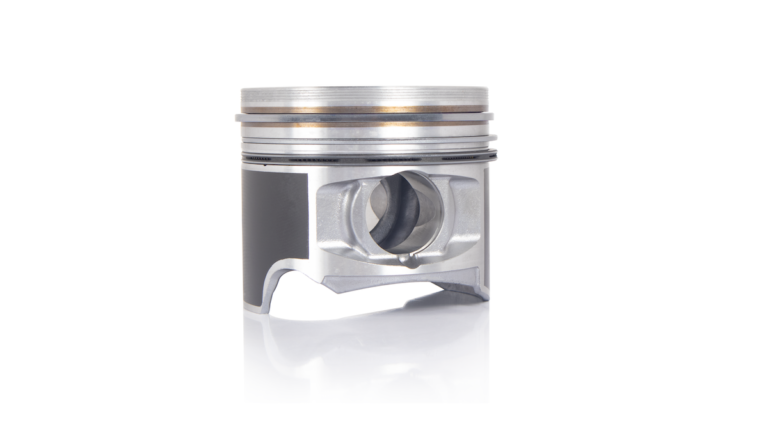The engine is the heart of your vehicle, and the pistons are its lifeblood. These hard-working components play a vital role in driving your car forward, converting the energy from burning fuel into motion. Like any mechanical part, pistons require regular maintenance and care to function optimally and extend the life of your engine. This blog post will offer some practical tips and guidelines for proper piston maintenance and care.
Understanding Pistons
Before delving into maintenance tips, it’s essential to understand what a piston does. Positioned inside the cylinder, pistons move up and down, compressing the air-fuel mixture and facilitating combustion. This process generates power that drives the crankshaft and ultimately propels the vehicle.
Regular Oil Changes
The most basic yet crucial step in piston maintenance is regular oil changes. Motor oil lubricates the engine’s internal parts, reducing friction between the pistons and the cylinder walls. Over time, oil becomes contaminated with dust, metal shavings, and other debris, reducing its effectiveness. Changing your engine oil as recommended by the vehicle manufacturer helps maintain the lubrication level, minimizing wear and tear on the pistons.
Using Quality Fuel
The quality of fuel you use directly affects the health of your pistons. Low-quality fuel can lead to carbon buildup on the piston heads, which can affect engine performance and cause damage over time. Using high-quality fuel can help reduce this buildup, improving combustion efficiency and extending the life of your pistons.
Regular Engine Check-ups
Regular engine check-ups are essential to detect any potential issues early on. Pistons are prone to wear and tear, and over time, they may develop cracks or scuffs. By having your engine checked regularly by a professional, you can spot these issues early and rectify them before they escalate.
Avoiding Overheating
Pistons are made to withstand high temperatures, but excessive heat can cause damage. Overheating can lead to piston warping or cracking, which can severely affect engine performance. Ensuring your vehicle’s cooling system is working efficiently can help regulate engine temperature and prevent overheating.
Using the Right Coolant
The coolant plays a crucial role in maintaining the engine’s temperature. Using the wrong type or poor-quality coolant can lead to engine overheating. Always use the coolant recommended by your vehicle manufacturer to ensure optimal engine performance.
Timely Repairs and Replacements
Despite your best efforts, pistons can wear out over time. If you notice a decrease in engine performance, increased fuel consumption, or excessive smoke from the exhaust, these could be signs of a worn-out piston. Don’t ignore these symptoms—seek professional help immediately. Timely repairs or replacements can prevent further engine damage and extend its lifespan.
Conclusion
Proper piston maintenance is an investment in the longevity and efficiency of your engine. By following these tips, you can keep your pistons—and your engine—in tip-top shape, ensuring smoother rides and fewer visits to the mechanic. Remember, a well-maintained engine not only lasts longer but also performs better, offering you a more enjoyable driving experience.

A top ranking student throughout, Akshay joined the family business right after graduation in 2006. After working for over 10 years in Agra Engineering Co, he decided to start his own company. Now as a partner in this new company he looks after business development and vendor management. A keen fitness enthusiast he tries new forms of exercise – crossfit, calisthenics, pilates, yoga and swimming. He’s an avid golfer as well – one of his many hobbies.







